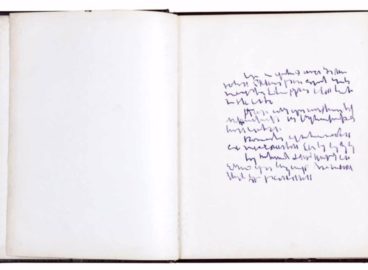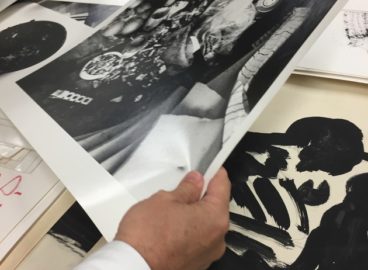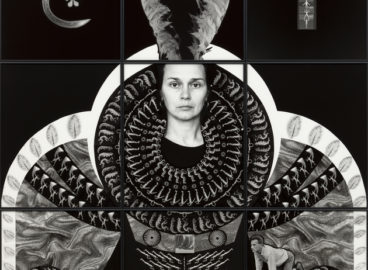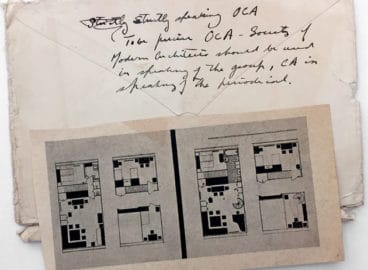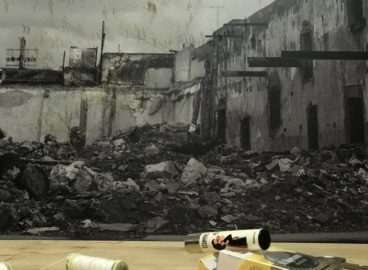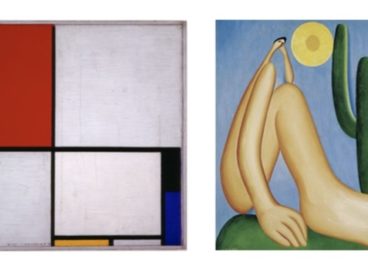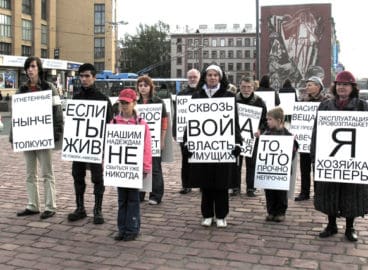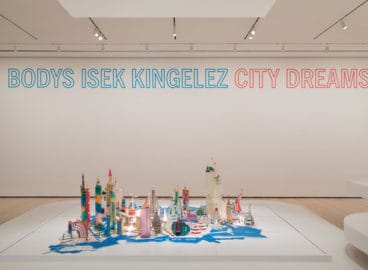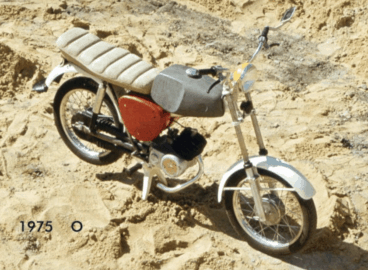Sobre el lenguaje y sus límites. Las escrituras ilegibles de Mirtha Dermisache
Fernando Bruno analiza la relación entre pintura y escritura en la obra de la artista argentina Mirtha Dermisache a finales de los sesenta y setenta, examinando el modo particular en que ésta se articula con algunas tendencias del arte argentino de la época.

